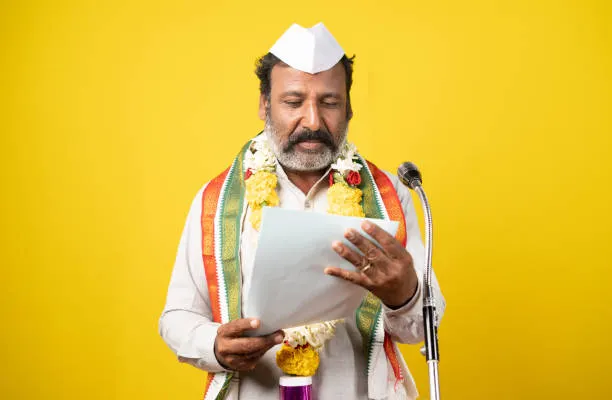In a federal system like India, the role of the Governor in the state government is often misunderstood and underrated. While the Indian Constitution outlines the powers and functions of the Governor, it is essential to understand the significance of this office and its impact on the state’s governance. As the head of the state, the Governor plays a crucial role in upholding the Constitution, ensuring the smooth functioning of the government, and representing the state at the national level. In this article, we will go into the role of the Governor in Indian states, exploring their powers, responsibilities, and limitations.
Constitutional Provisions
The Indian Constitution (Article 153-167) outlines the powers and functions of the Governor. According to Article 154, the Governor is the representative of the President of India in the state. This implies that the Governor acts on behalf of the President, executing the Centre’s guidelines and policies in the state. The Governor is also responsible for exercising powers conferred on them by the Constitution, laws, and conventions.
Powers and Responsibilities
As the head of the state, the Governor’s responsibilities include appointing the Chief Minister, ministers, and other high-ranking officials. The Governor also plays a crucial role in the legislative process, summoning and dissolving the state assembly, along with signing or vetoning bills. In addition, the Governor is responsible for the implementation of the Centre’s policies in the state, ensuring that the Centre-state relations run smoothly.
Emergency Powers

In cases of emergency or constitutional crisis, the Governor’s powers are significantly enhanced. The Governor has the authority to declare a state of emergency, suspend or dissolve the Assembly, and even rule the state directly. This power is meant to ensure the stability and security of the state, but it has been utilized sparingly in Indian history.
Limitations
Despite their powers, Governors are not immune to limitations. The Constitution sets specific limits on their powers, ensuring that the Governor does not become overly powerful or authoritarian. Furthermore, the Governor’s decisions are subject to judicial review, ensuring that they remain accountable to the Constitution and the law.
The Contemporary Significance
In recent years, the role of the Governor has become increasingly relevant. The emergence of coalition governments in states has led to Governors playing a crucial role in mediating disputes and ensuring the smooth functioning of government. Additionally, the growing importance of Centre-state relations means that Governors must navigate complex negotiations and diplomatic efforts to advance the interests of their respective states.
The role of the Governor in Indian states is multifaceted and complex. As the representative of the President and the head of the state, the Governor plays a critical role in upholding the Constitution, executing Centre-state policies, and ensuring the smooth functioning of the government. While the Governor’s powers are significant, they are also subject to limitations and accountability mechanisms. As the Indian federal system continues to evolve, it is essential to understand the significance of the Governor’s role and how it contributes to the effective governance of the country’s states.


